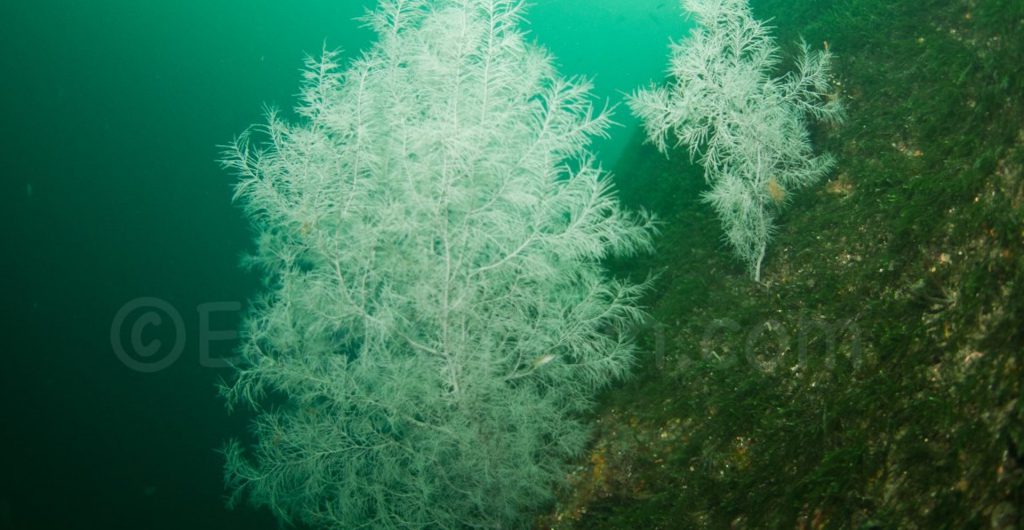More than 35,000 square miles of ocean habitat along the U.S. Atlantic coast gained protection from trawl and dredge fishing
They grow slowly over hundreds of years in the cold, dark depths of the sea. But they are easily toplled or broken by fishing gear that scrapes along the sea floor. Once damaged, the corals can take centuries to recover.
That’s why the vote by the Mid-Atlantic Fishery Management Council is so important. The designation prohibits the use of the most damaging forms of fishing gear at depths greater than 1,450 feet, an area that includes most of the corals scientists have found in the region.
More than 35,000 square miles (90,650 sq km) of ocean habitat along the U.S. Atlantic coast gained protection from trawl and dredge fishing that could harm deep-sea ocean corals, according to an environmental group supporting the restrictions.
The vote “marks a milestone in ocean-protection efforts”
The squid industry, which initially objected to many of the restrictions, worked with scientists and conservationists to establish boundaries for 15 discrete deepwater canyons and other sites where bottom fishing would be prohibited.
The area is not fished commercially yet, but similar depths are now being fished in New Zealand and Europe, where deep water corals are also found, said Gib Brogan, fisheries campaign manager for Oceana.”It’s a precautionary measure”, he said. “They’ve drawn a clear line in the Atlantic Ocean and said you can’t go fish in that area until the scientists have determined there aren’t corals in that area. It’s a very big piece of ocean.” South Atlantic waters off the coasts of South Carolina, Georgia and Florida received similar protection of deep water corals from fishing in 2010, he noted. But there currently are no protections for coastal North Carolina.
The independent fishery management council works with the National Oceanic and Atmospheric Administration to write fishing regulations for ocean waters between three and 200 miles of the coast. However, the fishery council does not have jurisdiction over lobster fishing, and it also voted to exempt red-crab fishing from the regulations for at least two years. Protections do not extend to oil and gas drilling, or the laying of cables or other underwater activities. Therefore environmentalist hope that the decision would send a signal to agencies that regulated these other activities.




